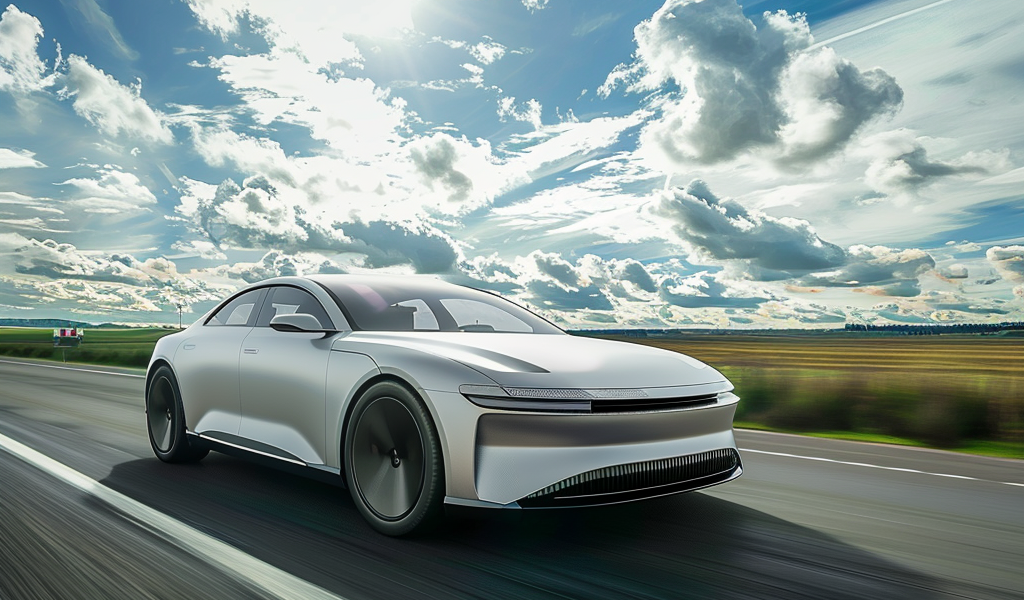Electric Cars: The Future of Sustainable Transportation
Electric cars have been making waves in the automotive industry, with more and more manufacturers investing in electric vehicle (EV) technology. As concerns about climate change and air pollution continue to grow, the shift towards electric cars is becoming increasingly important.
One of the main advantages of electric cars is their environmental friendliness. Unlike traditional gasoline-powered vehicles, electric cars produce zero tailpipe emissions, reducing the overall carbon footprint. This is particularly significant in urban areas, where air quality is a major concern.
In addition to their environmental benefits, electric cars also offer cost savings for drivers. With lower fuel and maintenance costs, electric cars are proving to be a more economical choice in the long run. Government incentives and tax credits for electric vehicle owners further contribute to the financial appeal of going electric.
Furthermore, advancements in battery technology have led to improvements in the driving range and charging infrastructure for electric cars. This addresses one of the primary concerns for potential buyers – range anxiety. With more charging stations being installed worldwide, the convenience of owning an electric car is steadily increasing.
As the demand for electric cars continues to rise, major automakers are ramping up their production of electric models. This trend is further supported by the growing infrastructure for electric vehicle charging, making it easier for consumers to adopt electric cars as their primary mode of transportation.
Overall, the future of sustainable transportation seems to be electric. With ongoing developments in technology and infrastructure, electric cars are poised to play a significant role in reducing emissions and promoting a cleaner, greener planet.





